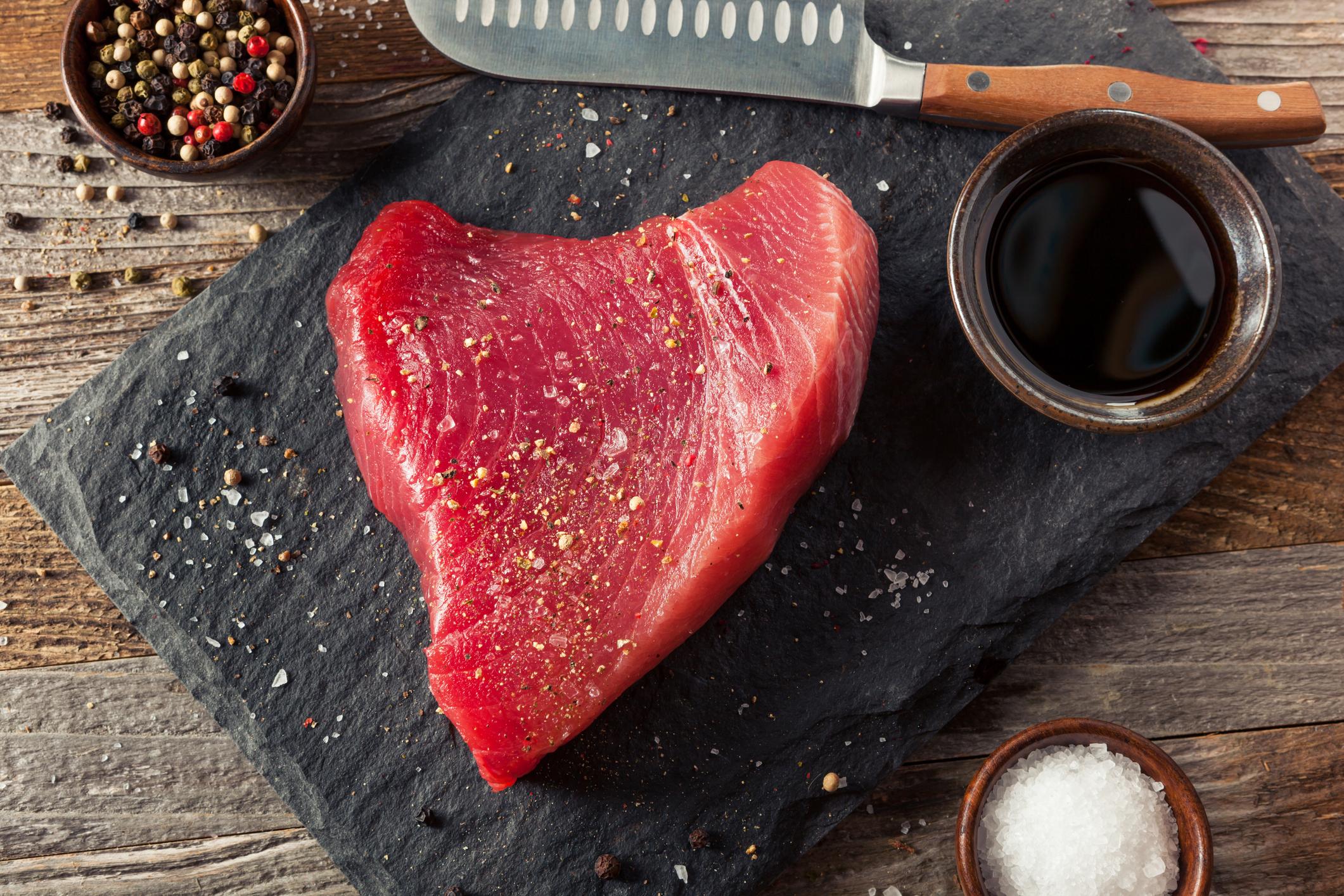The 4 rules to follow when it comes to storage
1. Clean your refrigerator regularly and completely. At least once a year (more is even better!). Disinfect immediately with white vinegar if you notice suspicious traces (especially food that has leaked). In addition, check the tightness of the doors. Same thing for the microwave!
2. Respect the cold chain when shopping. Use an insulated bag for transporting fresh food and an ice pack for those most at risk (meat, fish, frozen food, etc.). Finish your purchases in store with frozen food and quickly place your food in the refrigerator or freezer, in the appropriate parts, when you arrive at your home (especially dairy products, fish, shellfish, meat or cold cuts).
“Remember to remove the cardboard or plastic over-packaging, in order to avoid contamination of the refrigerator by food coming from outside” advises Dr. Pascal Goncalves, general practitioner. Do not overload it: the air must be able to circulate.
3. Take care not to leave food exposed. Everything must be well packed in airtight containers. “Raw foods, in particular, must be stored separately in closed containers, so as to limit cross-contamination. » The texture, the smell of a food seem doubtful to you? Your can is damaged, ajar or bulging? Don’t take the risk and throw it away!
4. Adopt the simple “2 – 3 – 4” rule. VSEach food must be placed in the refrigerator no later than 2 hours after preparation. Catering products, cooked or cream-based meals and non-prepackaged foods must be consumed within 3 days of purchase (in general, remember to check the expiry dates on the packaging before eating!). “Also be careful with homemade preparations containing raw eggs: mayonnaise or chocolate mousse, for example, can only be kept for 24 hours, even in the fridge! », alert our expert.
Finally, the refrigerator must always be kept at the right temperature, that is to say between 0 and 4°C for the coldest zone. To be sure, place a thermometer inside your appliance (not in the door or in a drawer) and check it regularly.
The 3 rules to follow when preparing
1. Wash your hands with soap and water before preparing the meal and before sitting down to eat. Delegate the meal preparation to your spouse if you are sick (especially if you have gastroenteritis!). Also be sure to regularly clean and disinfect your sponges used to wash your dishes and cutting boards. Also wash and dry your work surface before starting to prepare the meal (drying makes it impossible for pathogenic micro-organisms to develop). “Finally, pass your fruits and vegetables well under water, to remove all traces of soil, and rinse the meat, the fish, as well as all the food handled by the traders. »
2. Plan ahead and thaw your food in the refrigerator, not at room temperature. If you have a rib of beef or a shoulder of lamb on the menu, you will have to plan ahead! Never refreeze food without cooking it.
3. Do not leave food that must be placed in the fridge for more than an hour at room temperature. For example, be sure to put the butter back in the fridge immediately after breakfast, rather than leaving it on the table! Pay particular attention to toddler milk bottles. Also, don’t let food “age” in the fridge for more than 48 hours.
3 rules to follow when cooking
1. Do not cross the raw and the cooked! “Be especially careful with meat and raw fish. »Dedicate one cutting board to raw and another to cooked and clean vegetables. Clean them with soap and dry them between uses. Do the same with the knives.
2. Once your food is cooked, put it in a clean dish (do not return your barbecued meat to the starter dish containing raw meat juice). “Be careful with minced meat”: to limit the risk of contamination by bacteria, it must be cooked through, especially if it is intended for fragile people (pregnant women, young children, elderly or immunocompromised).
3. Don’t let your dogs and cats lick the dishes, even if it goes in the dishwasher afterwards! Do regular washes at over 60°C if the dishes are very dirty.
Our expert : Dr Pascal Goncalves, general practitioner, lecturer, author of Better to warn…. (ed. Thierry Souccar)

















